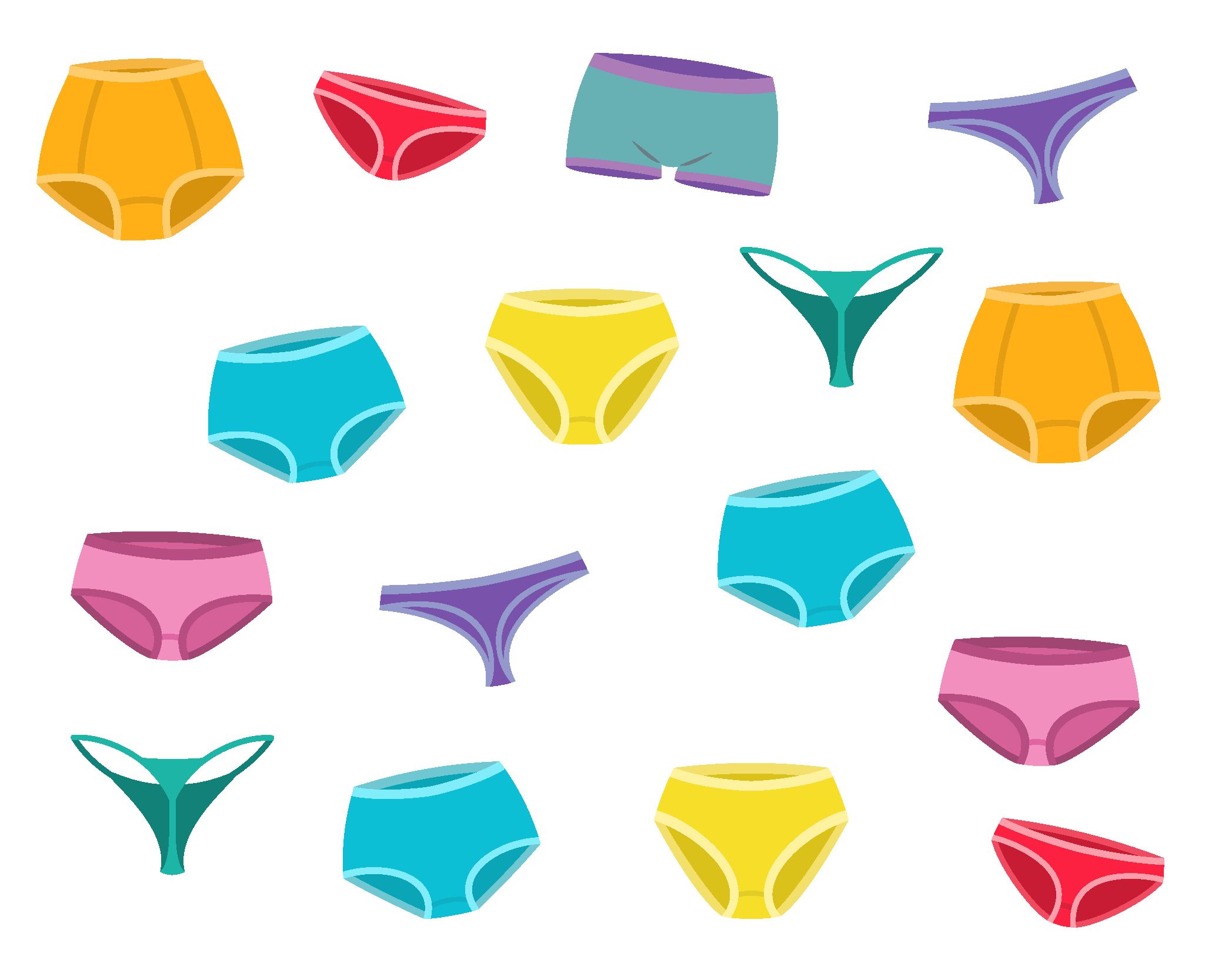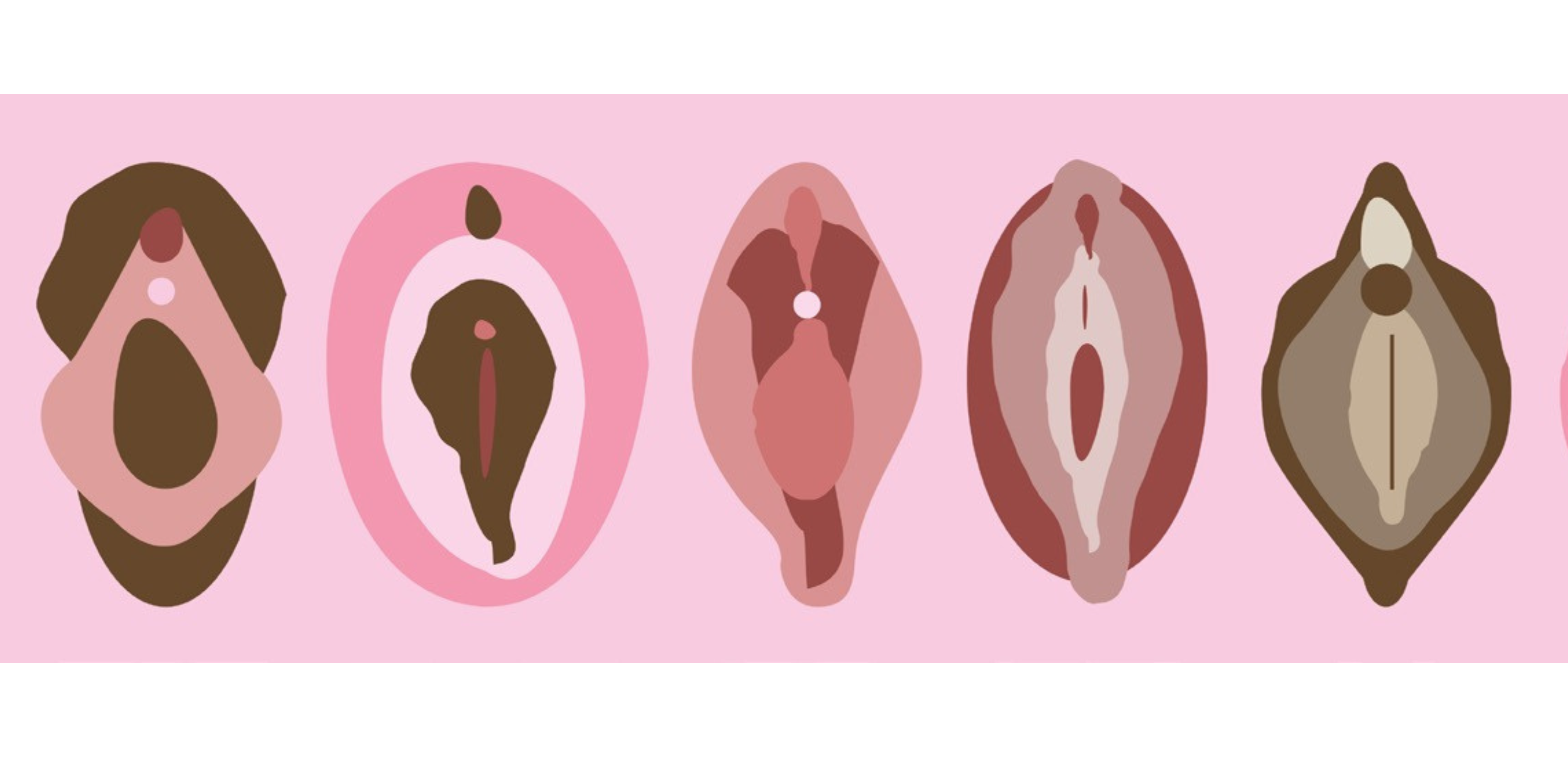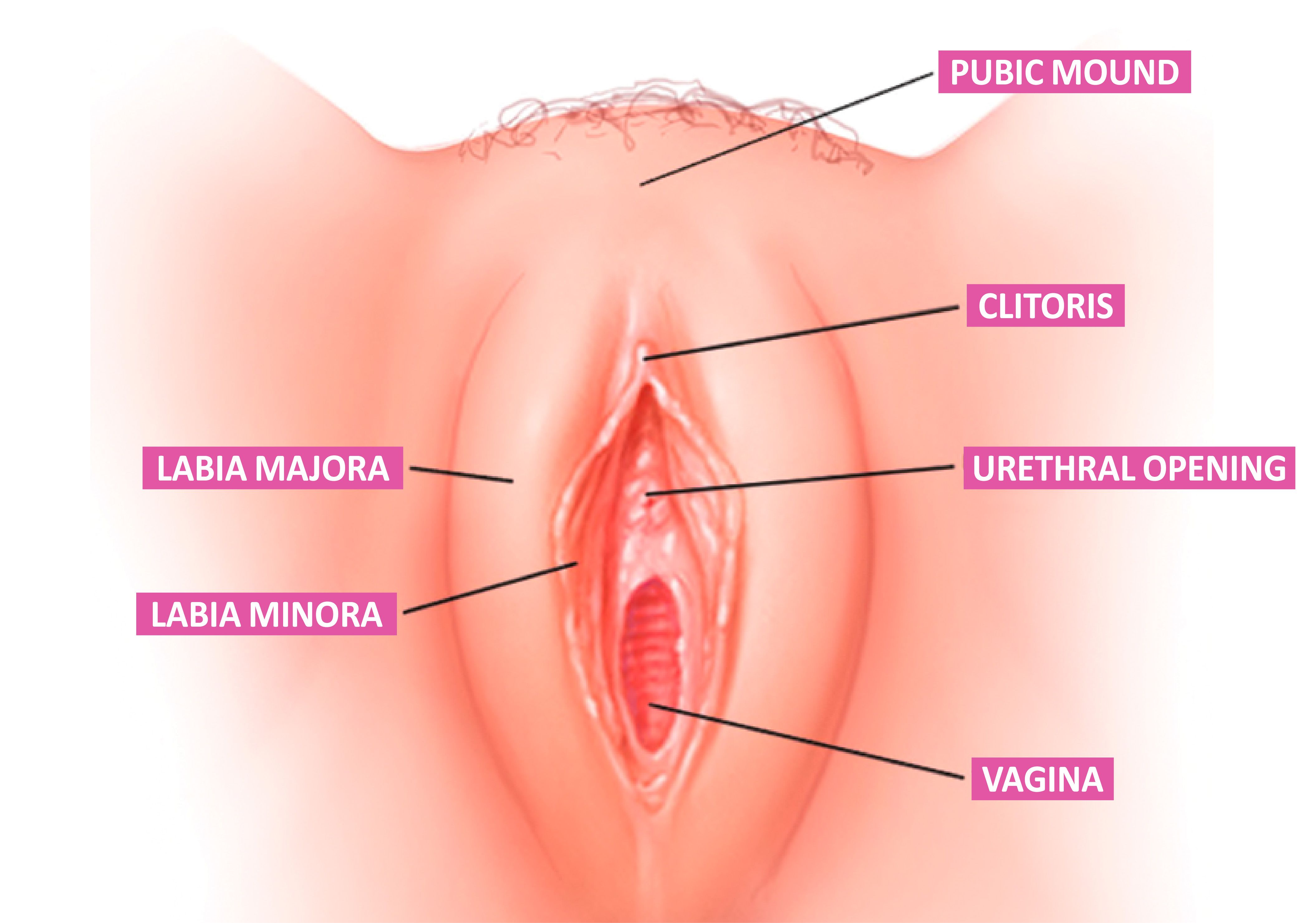Vulval Care

What is the vulva?
If you have a vagina, the vulva is the part of your genitals on the outside of your body. The vulva includes:
- the mons pubis (the mound above the rest of the vulva)
- the inner and outer labia (lips)
- the tip of the clitoris
- the urethra (the opening of the tube leading to the bladder)
- the opening to the vagina. The vagina is the tube that leads from the outside (the vulva) to the uterus (womb). The vagina is not part of the vulva.
Taking care of your vulva
The skin of the vulva is delicate, and taking care of it is an important part of your self-care. There are a few key factors to consider with vulval skin care:
- Correct washing and care
- Avoiding things that irritate
- Reducing excess moisture
- Avoiding scratching or rubbing
Washing your vulva
- The skin of your vulva is sensitive and only needs gentle washing with warm water.
- Washing your vulva once a day is plenty. More frequent washing may make your skin dry and irritated.
- Avoid soaps, body wash, wipes, sprays, etc. Even hypoallergenic, sensitive, and so-called ‘natural’ products can cause irritation.
- If your vulval skin is particularly dry, use an unscented wash such as an aqueous cream, QV®, or Dermeze®.
- If you enjoy baths, avoid having your bath too hot. Avoid bubble baths, scented oils, medicated oils, or antiseptics. If you do use these, make sure you rinse your vulva with warm water afterward.
- Gently pat your vulva dry; don’t rub the skin.
Things that can irritate your vulva
These are some of the most common things that can irritate your vulva:
- Soaps or anything that will lather and remove healthy oils from the skin
- Tea tree oil and other scented oils
- Medicated creams, antiseptics, and peroxide
- Bubble bath, bath salts, and other perfumed products
- ‘Feminine hygiene’ products such as washes, sprays, and wipes
- Highly scented or coloured toilet paper
- Pads and panty liners (especially if they are scented)
- Some laundry detergents
- Douches
- Waxing, shaving, or depilatory creams
- Tight synthetic clothing and dyes in some underwear

How to keep your vulva healthy and avoid irritation
- Wash your vulva as outlined above.
- Avoid things that can irritate your vulva.
- Use unscented, undyed, unbleached toilet paper.
- Wash your underwear using hypoallergenic laundry detergents.
- Consider giving underwear an extra rinse after washing to remove any laundry detergent residue.
- If pads irritate your vulval skin, use tampons, a menstrual cup, or period undies during your menstrual period instead
- • Avoid using panty liners. If your discharge is heavy, use ‘period undies’ or try changing your underpants during the day. If you feel you need to use panty liners, use unscented and unbleached ones.
- Try not to wear tight clothing for long periods.
- Wear cotton underwear rather than synthetic.
- Avoid wearing underwear at night.
- Avoid removing your pubic hair if it causes irritation, particularly shaving, as it can cause significant irritation to the skin. Try another method of pubic hair removal that may irritate less.
- Use plenty of water-based unperfumed, hypoallergenic lubricant during sexual activity.
If you find that vulval skin irritation persists despite trying these preventative suggestions, see a healthcare professional. Avoid trying to self-treat with over-thecounter products and creams. Only use products prescribed or advised by a healthcare professional.
Avoiding excess moisture
Excess moisture can worsen the effects of irritation of your vulva. To reduce this:
- Take off wet swimwear as soon as possible (especially if you are swimming in a chlorinated pool).
- Wear underwear that will absorb moisture – some synthetic underwear will hold moisture at the surface, whereas cotton will absorb it.
- Carry clean underwear to change into if you find the amount of discharge uncomfortable.
What to do if your vulva is itchy
- Wear loose cotton underwear and avoid wearing underwear at night.
- Avoid overheating the skin – avoid electric blankets, showers/ baths that are too hot, or synthetic clothing pressed up against your skin.
- Keep your vulval skin cool – use a covered ice pack or a damp cloth to soothe. If you are using any creams on your vulva, store them in the fridge.
- Avoid scratching as much as possible. Scratching can create what is known as an ‘itch-scratch cycle’ where skin and nerve fibres thicken, which in turn increases itching.
- Try distraction, mindfulness, or relaxation techniques when the urge to scratch strikes.
- Keep your nails short if scratching is happening at night when you are asleep.
- Consult with a healthcare professional if you experience vulval itching for the first time, or if you have had it before and it is recurring or persistent.
Get to know yourself vulval self-examination
One way to notice changes in your vulva before they become an issue is to do vulval self-examinations. Getting to know the normal appearance of your vulva will allow you to know if things have changed. The sooner you detect any changes the less likely your symptoms will persist. It’s also just great to get to know your own body. You can do vulval self-examination regularly, once a month, or whenever you think of it.

How to do vulval self-examination
- Find a private place and a time when you can relax.
- Use a hand mirror so you can see what you are looking at.
- Starting at the top (the mons pubis), gently touch, feel, and look at the skin. Work your way down, checking the clitoris, the outer lips, the inner lips, the vaginal opening, and the perineum (the area between the vaginal opening and the anus).
- Look for any changes in the colour of the skin, any thickening of the skin, any new lumps, bumps, any ulcers or sores, and any symptoms of persistent itching or soreness.
- If anything seems very different or you are concerned, consult your GP or see one of the doctors at SHFPACT.
Vaginal discharge
- Vaginal discharge is the fluid secreted naturally from the vagina. This discharge is produced by the vagina, cervix and uterus. Vaginal discharge is a normal and healthy ‘housekeeping’ function of the vagina.
- It’s important to know what your normal discharge looks like. Normal discharge is usually clear or creamy white and can look pale yellow when it dries on your undies. It can change during your menstrual cycle. It generally appears on underwear, but you may also notice it when you examine your vulva.
- You may notice that this discharge changes during your menstrual cycle. Sometimes there is more and sometimes there is less. Some hormonal contraceptives such as the pill can change your discharge.
- If there are unusual changes to the colour, smell, or amount of your vaginal discharge, then you should see a healthcare professional.
A note about the appearance of vulvas
As with many parts of our bodies, vulvas look different from person to person, as well as at various stages of our lives. Vulvas are as individual as our faces.
Many things can influence the way we feel about our bodies (e.g., what social media we engage in, what we read, watch, or listen to, attitudes from our family of origin, messages from the society we live in, and our own attitudes and feelings).
It’s good to take a moment to consider the reality versus the fantasy of what we see and hear. It can also help to understand more about the vulva and see the different types of real vulvas out there. Pornography and other sexual imagery are not good places to learn about our bodies — the vulva included. This is because they tend to show a very limited range of body types that does not represent the natural diversity of humans.
Reputable, evidence-based sites like the Labia Library: labialibrary.org.au aim to help people with vulvas become more familiar with this natural diversity, and to become more comfortable with the way their own vulva looks. If you have any concerns about the way your vulva looks, talk with a health professional or make an appointment at the SHFPACT clinic to speak with a doctor or nurse.
References
- Melbourne sexual health Centre
- Dept of Obstetrics and gynaecology Uni of Washington
- UK Vulval Pain Society: How to perform a vulval self-examination
- ANZ Vulvovaginal Society